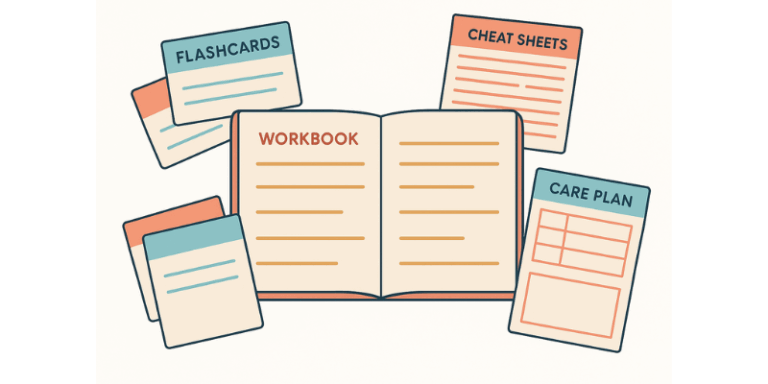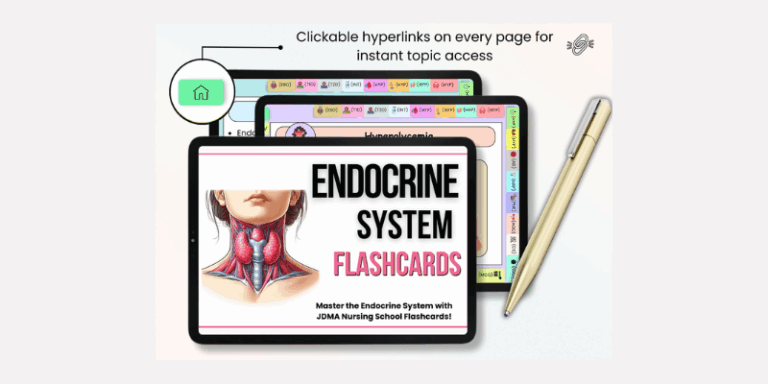
Best Nursing School Bundle for Academic Excellence
Find out which best nursing school bundle ranks best for knowledge retention and test prep. Choose the right bundle for success.
Kullanıcılarına güvenli ortam sağlayan altyapısıyla Bettilt sektörde ön plandadır.
Kullanıcıların sisteme erişim için ilk durağı Bettilt adresidir.
Online bahislerde yüksek kazanç isteyenlerin tercihi her zaman güvenilir bahis siteleri olmuştur.
Her zaman kullanıcı odaklı düşünen Bettilt casino, basit kayıt süreci ve sade tasarımıyla yeni başlayanlar için idealdir.
Bahis sektöründe adından sıkça bettilt söz ettiren kaliteyi ön planda tutuyor.
Kazançlı kombinasyonlar hazırlamak isteyenler için bettilt analiz desteği sunar.
Türk bahis pazarının büyüme oranı bahsegel hoşgeldin bonusu yıllık %14 bu trendi yakından takip eder.
Mastering Pharmacology: A Nursing Study Guide for Success
Pharmacology is one of the toughest yet most important subjects in nursing school. Nurses must understand how drugs work, their side effects and how they interact with the body to provide safe and effective care. This Nursing Study Guide is designed to break down complex concepts into simple and easy to follow steps by making your learning process smoother.
Many nursing students struggle with memorizing drug names, classifications and mechanisms of action. But as Florence Nightingale once said,
“Let us never consider ourselves finished nurses; we must be learning all of our lives.”
The key to success in pharmacology is not just memorization but understanding the “why” behind each drugs effect.
This Nursing Guide will help you focus on essential drug categories, common medications and tips to remember their actions. You will also learn effective study techniques such as mnemonics and real world applications to make learning easier. With the right approach pharmacology becomes less intimidating and more manageable.
Whether you are preparing for exams or clinical practice this guide will be your go to resource for mastering pharmacology with confidence. Let’s dive in and make pharmacology simpler together!
Pharmacology is a vital part of nursing practice. Nurses are responsible for administering medications, monitoring patient responses and educating patients about their treatments. Without a solid understanding of pharmacology, medication errors can occur and leading to serious consequences. According to the Institute of Medicine (IOM) Report, nearly 7,000 deaths per year in the U.S. are due to medication errors. This highlights the importance of proper pharmacology knowledge in ensuring patient safety.
Mistakes in medication administration can be life threatening. Knowing the correct dosages, possible side effects and drug interactions helps nurses avoid errors. A strong foundation in pharmacology allows nurses to double check prescriptions, recognize potential risks and advocate for safer patient care.
Dr. Patricia Benner, a well known nursing expert, states:
“A competent nurse is one who understands the rationale behind every medication given and its potential impact on the patient.”
A nurse who understands why a medication is prescribed not just its name and dosage can provide better care. This Nursing Study Guide will help you build the confidence to safely manage medications in real world nursing practice. A well informed nurse is a safer and more effective nurse. Let’s explore pharmacology together in this Nursing Guide!
Mastering pharmacology starts with building a strong foundation. Before memorizing drug names it is essential to understand the key principles of how medications work in the body. This Nursing Study Guide will take you through the basics step by step.
To succeed in pharmacology focus on three fundamental concepts:
According to a study by Johnston in the Journal of Nursing Education nursing students who understood these basics performed 35% better on pharmacology exams than those who relied only on memorization.
As the saying goes,
“The best nurses don’t just memorize they understand.”
This Nursing Guide will help you break down complex concepts by making pharmacology easier to learn and apply in clinical practice. Let’s start with the fundamentals!
Organizing medications into categories makes learning easier and improves recall during exams and clinical practice. This Nursing Study Guide provides a simple breakdown of common drug classes, their examples and key nursing considerations.
| Drug Class | Example Drugs | Key Nursing Considerations |
|---|---|---|
| Antibiotics | Penicillin, Azithromycin | Watch for allergies complete full course |
| Beta Blockers | Metoprolol, Atenolol | Check BP and HR before giving |
| Diuretics | Furosemide, Hydrochlorothiazide | Monitor potassium levels |
| Opioid Analgesics | Morphine, Fentanyl | Watch for respiratory depression |
| Anticoagulants | Warfarin, Heparin | Monitor INR and signs of bleeding |
Using mnemonic devices can make memorization easier. For example to remember that Beta Blockers (ending in -olol) slow heart rate, use:
“BB’s (Beta Blockers) Slow the Beat.”
A well structured Nursing Guide like this helps simplify complex information by making pharmacology easier to understand and apply in practice!
To truly understand pharmacology, nurses need a structured learning approach. Memorizing drug names alone is not enough understanding how they work and how they affect patients is key. This Nursing Study Guide provides a step by step method to help you retain and apply medication knowledge effectively.
Hospitals and healthcare settings often use generic drug names so it is important to recognize both generic and brand names. For example:
Knowing how a drug works helps nurses predict its effects. For instance:
Each drug has side effects that nurses must monitor. For example:
Some drugs should never be given together due to dangerous interactions. For example:
Applying real world scenarios improves retention. A study by Smith & Jones in Nurse Educator Today found that nursing students who used case studies in pharmacology had a 40% higher retention rate compared to those using traditional methods.
As the saying goes:
“Tell me and I forget, teach me and I may remember, involve me and I learn.”
This Nursing Guide encourages active learning making pharmacology easier to understand and apply in real patient care!
One of the best ways to master pharmacology is by testing yourself with NCLEX style questions. Practicing regularly improves retention and helps you think critically about medications. According to the National Council of State Boards of Nursing (NCSBN) students who answer at least 50 pharmacology questions daily increase their NCLEX pass rates by 30%.
Your patient is taking digoxin (Lanoxin) for heart failure. Which lab value should the nurse check before administering the medication?
A) Sodium
B) Digoxin level
C) Hemoglobin
D) White blood cell count
Answer: B Digoxin level. A high level can cause toxicity, leading to serious complications.
As the saying goes, “Practice makes perfect.” This Nursing Study Guide will help you sharpen your skills and gain confidence in medication safety. Keep testing yourself and pharmacology will become second nature in your nursing practice!
Pharmacology is not just about passing exams it is about applying what you learn to real patient care. Nursing students who use pharmacology concepts during clinical rotations retain 50% more information than those who rely only on classroom learning.
As the saying goes, “Learning never stops in nursing.”
This Nursing Study Guide encourages hands on learning and helping you build confidence in medication management. Apply what you learn and pharmacology will become second nature!
Pharmacology can feel overwhelming but with the right strategies, you can master it. This Nursing Study Guide offers simple yet effective tips to boost your learning.
As the saying goes,
“Success doesn’t come from what you do occasionally but what you do consistently.”
Keep practicing and this Nursing Guide will help you confidently manage medications in your nursing career!
Mastering pharmacology is a key step toward becoming a safe and effective nurse. By following this Nursing Study Guide you can break down complex drug concepts, reduce study stress and improve patient care.
As Florence Nightingale wisely said:
“Let whoever is in charge keep this simple question in their head not how can I always do this right thing myself, but how can I provide for this right thing to be always done?”
Understanding pharmacology ensures that nurses always do the right thing for their patients. With consistent study, practical application and the right tools. Pharmacology will soon become second nature. Follow this Nursing Guide and start applying these strategies today and watch your confidence grow in both exams and clinical practice!

Find out which best nursing school bundle ranks best for knowledge retention and test prep. Choose the right bundle for success.

Complete nursing school workbook bundle! Includes flashcards for nursing students, cheat sheets, dosage calculation practice, and more.

Master nursing concepts faster with our nursing school flashcards bundle! Printable & digital options for effective studying.
By subscribing to our newsletter you agree to our Terms and Conditions and Privacy Policy